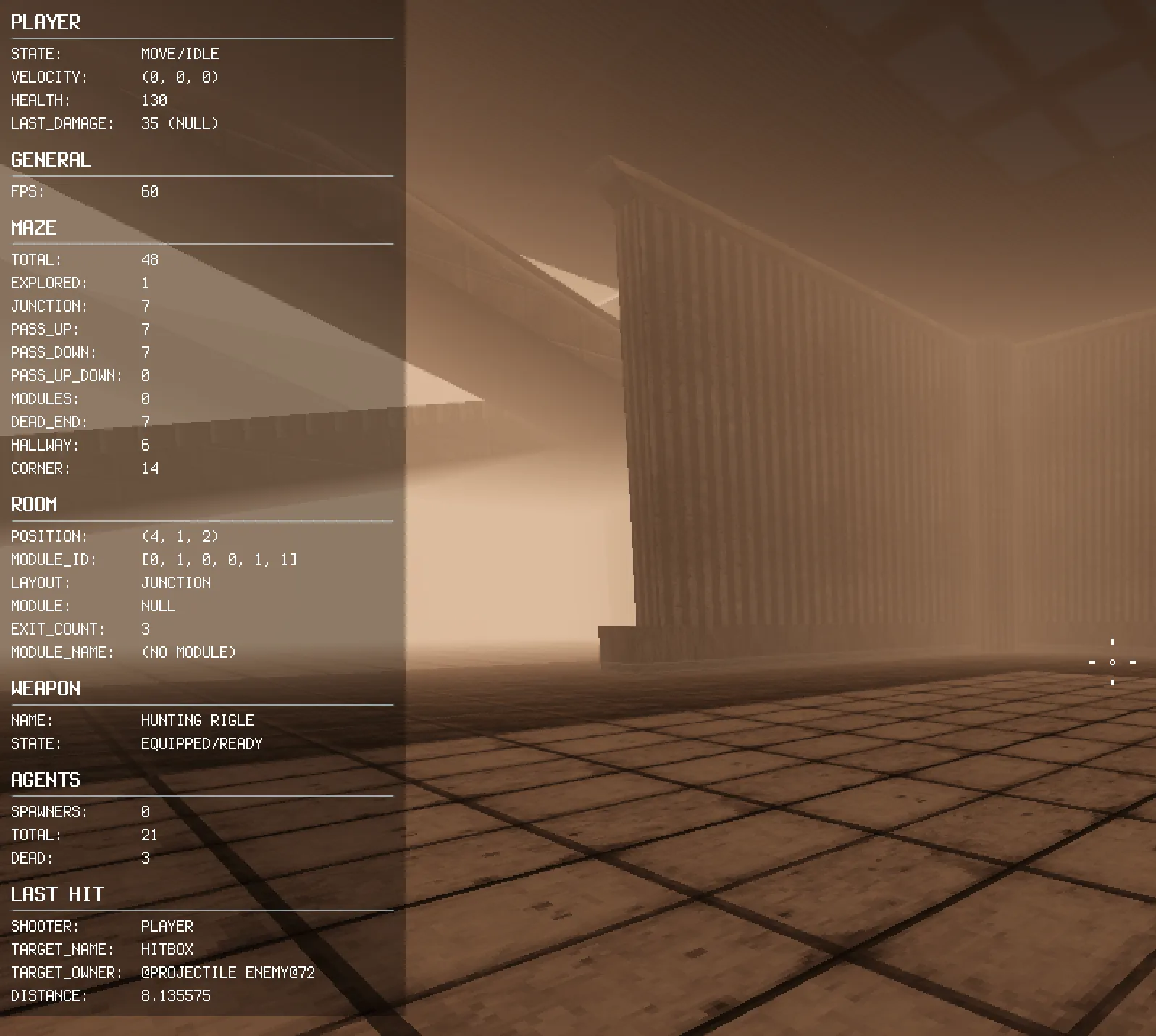Simple web app for throw-away notes
I recently discovered the Svelte web framework. Its approach seemed quite interesting, so I decided to dive deeper and work through their interactive tutorial (which is a really well-designed learning experience). It got me hooked.
I was never very proficient in JavaScript, but the ergonomics and API of Svelte
just looked too good to not try building something with it. Plus it was a good
chance to get familiar with TypeScript, which Svelte supports. I started simple
and made a very basic note-taking app, which is literally just a bunch
<textarea>’s slapped together. I’ve been using Tot on
macOS for a while, so I wanted to have something similar on my Linux machines.
It’s live at https://jotdown.page and I’ve been using it for quick notes throughout the day. Source code is available on GitHub.
